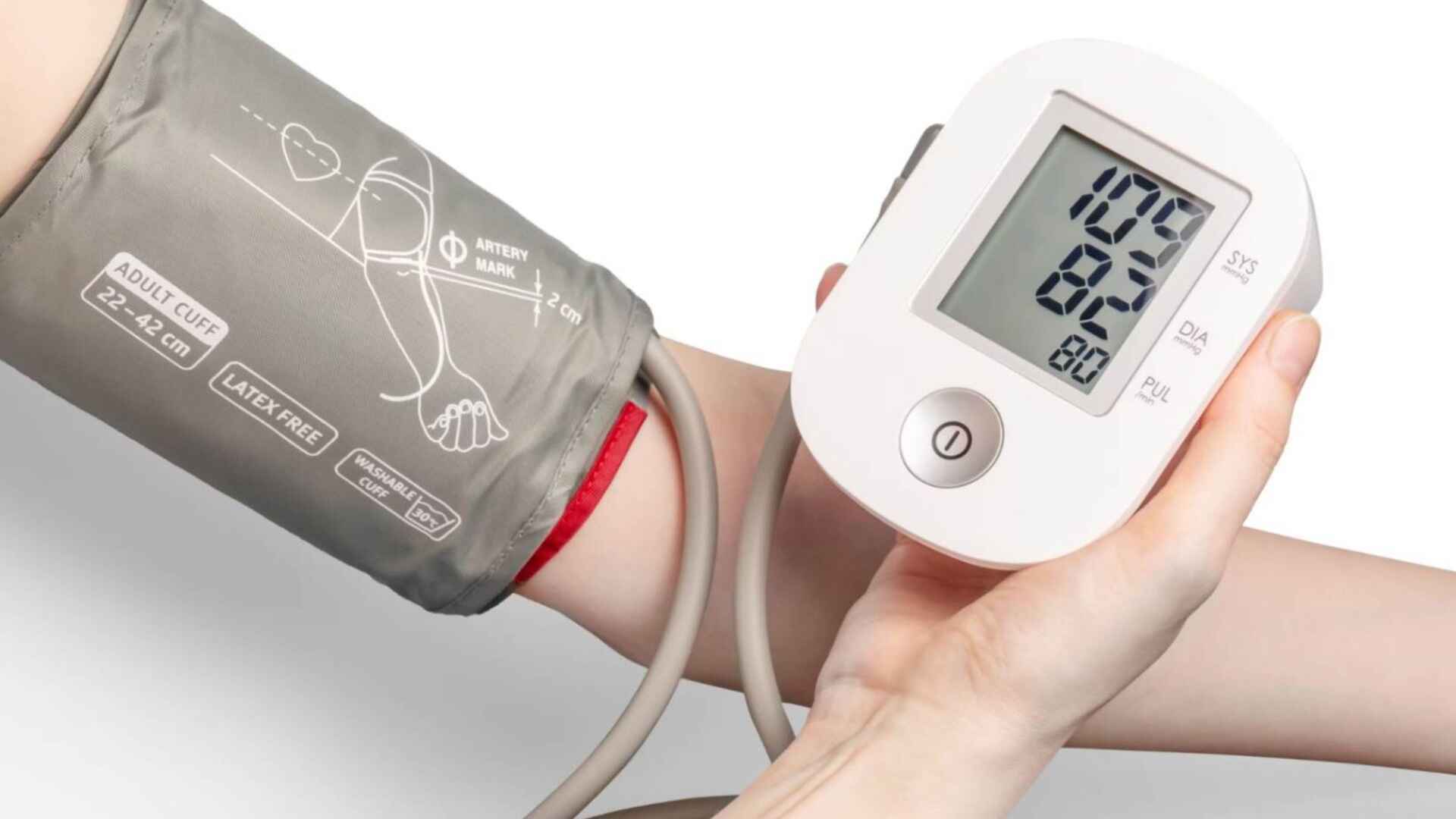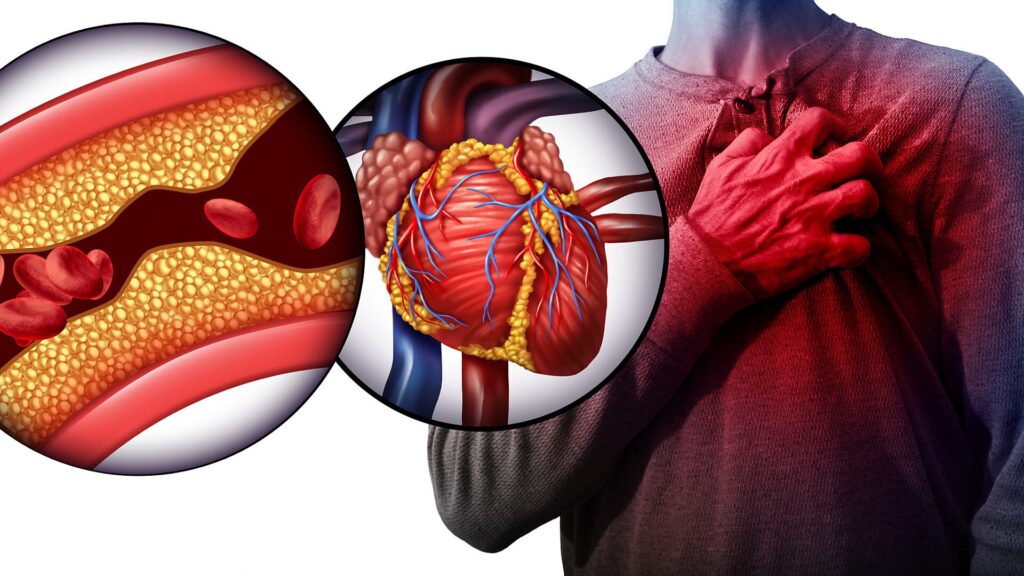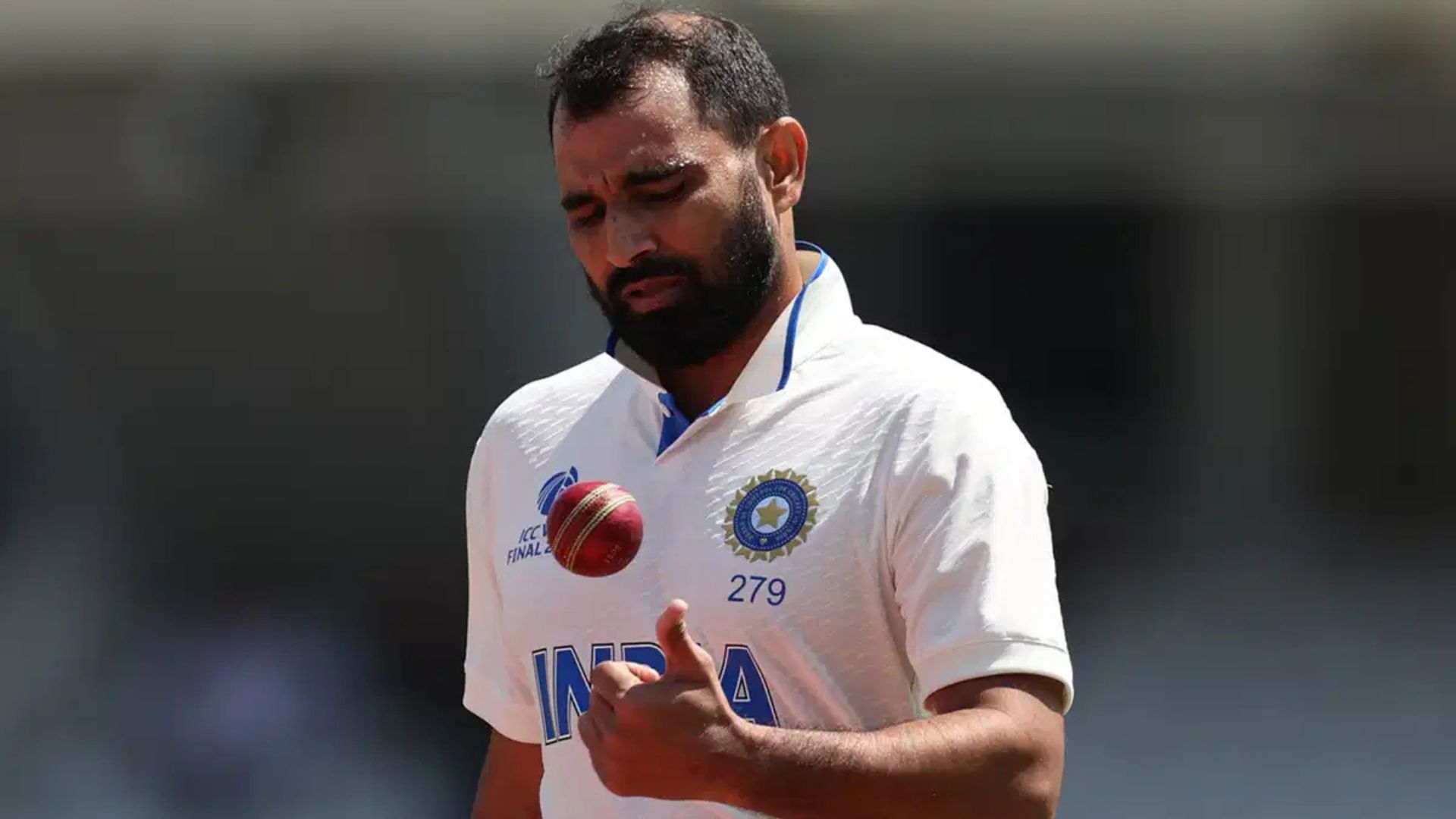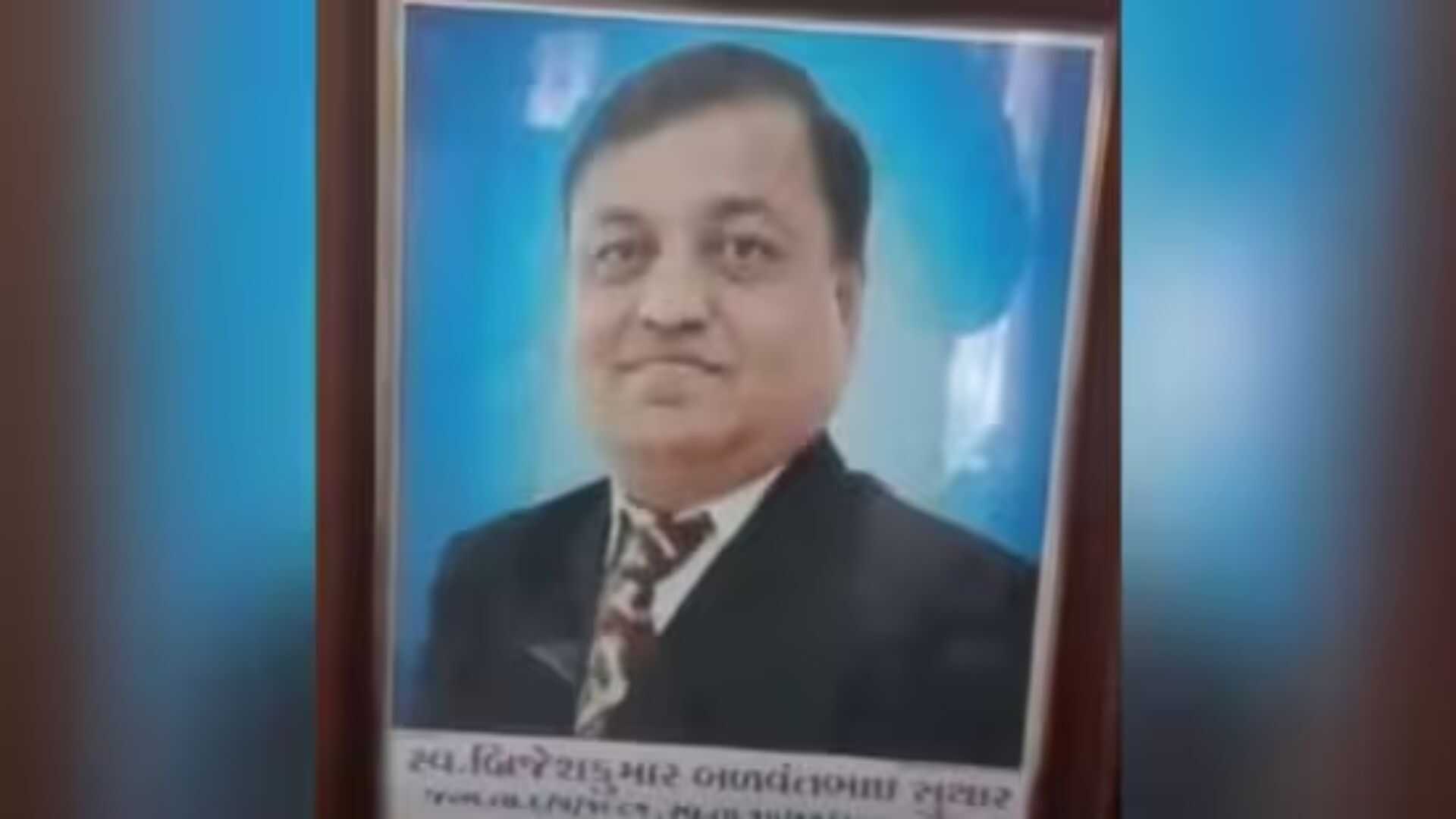
High blood pressure, or hypertension, occurs when the force required to push blood through your arteries is too high, making your heart work harder. Globally, over 1.2 billion adults have high blood pressure, with nearly half unaware of their condition. Knowing your blood pressure numbers is crucial because untreated hypertension increases the risk of heart attacks and strokes.
“Hypertension affects one in three adults globally, and yet only one in five people are actually controlled for their blood pressure. We’ve actually estimated at the WHO that we can save 76 million lives by 2050 if we can increase control rates globally. That’s about the size of South Africa,” says Taskeen Khan, WHO, Medical Officer, Cardiovascular diseases.
In the recent episode of Science in 5 by WHO, Dr Khan talked about hypertension, its symptoms and how it affects the body.
👉Why is #hypertension called a silent killer ?
👉What happens in your body when your blood pressure is high?Learn about the 4 “S”s to protect yourself from hypertension. Dr Taskeen Khan explains today in Science in 5. pic.twitter.com/lmKY9an6pq
— World Health Organization (WHO) (@WHO) July 5, 2024
Hypertension, often dubbed the “silent killer,” affects one in three adults globally and is a leading cause of severe health complications, including heart disease, stroke, and kidney failure. Despite its prevalence, only one in five individuals effectively manages their blood pressure. This lack of control contributes to millions of preventable deaths each year. Urgent action and awareness are crucial to combat this hidden threat and save lives.
Damage to Arteries
Healthy arteries are flexible, strong, and elastic, allowing smooth blood flow. High blood pressure can damage and narrow the arteries, leading to reduced blood flow and increasing the risk of artery blockages. This can also result in aneurysms, where weakened artery walls bulge and potentially burst, causing life-threatening internal bleeding.
Damage to the Heart
Hypertension can lead to coronary artery disease, where narrowed arteries reduce blood flow to the heart, causing chest pain (angina), irregular heart rhythms (arrhythmias), and heart attacks. Over time, the strain can weaken or stiffen the heart muscle, leading to heart failure. Additionally, it can cause the left ventricle to thicken and enlarge, raising the risk of heart attacks and sudden cardiac death. Metabolic syndrome, which includes high blood pressure, high blood sugar, high triglycerides, low HDL cholesterol, and excess abdominal fat, also increases the risk of heart disease and stroke.
Damage to the Brain
High blood pressure can lead to transient ischemic attacks (TIAs), often called mini-strokes, and full-blown strokes due to blocked or narrowed arteries. It can also cause vascular dementia and mild cognitive impairment by limiting blood flow to the brain.
Damage to the Kidneys
Hypertension can damage the blood vessels in the kidneys, leading to kidney failure. This condition prevents the kidneys from filtering waste effectively, necessitating treatments like dialysis or kidney transplants.
Damage to the Eyes
High blood pressure can harm the delicate blood vessels in the eyes, causing conditions like retinopathy, choroidopathy, and optic neuropathy, leading to vision problems and potential blindness.
Sexual Dysfunction
Hypertension can reduce blood flow to the penis and vagina, leading to erectile dysfunction in men and decreased sexual desire, arousal issues, vaginal dryness, and difficulty achieving orgasms in women.

While hypertension usually causes gradual damage, sudden and severe spikes can become medical emergencies requiring immediate treatment. Such emergencies can lead to blindness, chest pain, pregnancy complications (preeclampsia or eclampsia), heart attacks, memory loss, aortic dissection, stroke, pulmonary edema, and sudden kidney failure.
Maintaining a healthy lifestyle and regularly monitoring your blood pressure are essential steps to manage hypertension and reduce the risk of these severe health complications.















